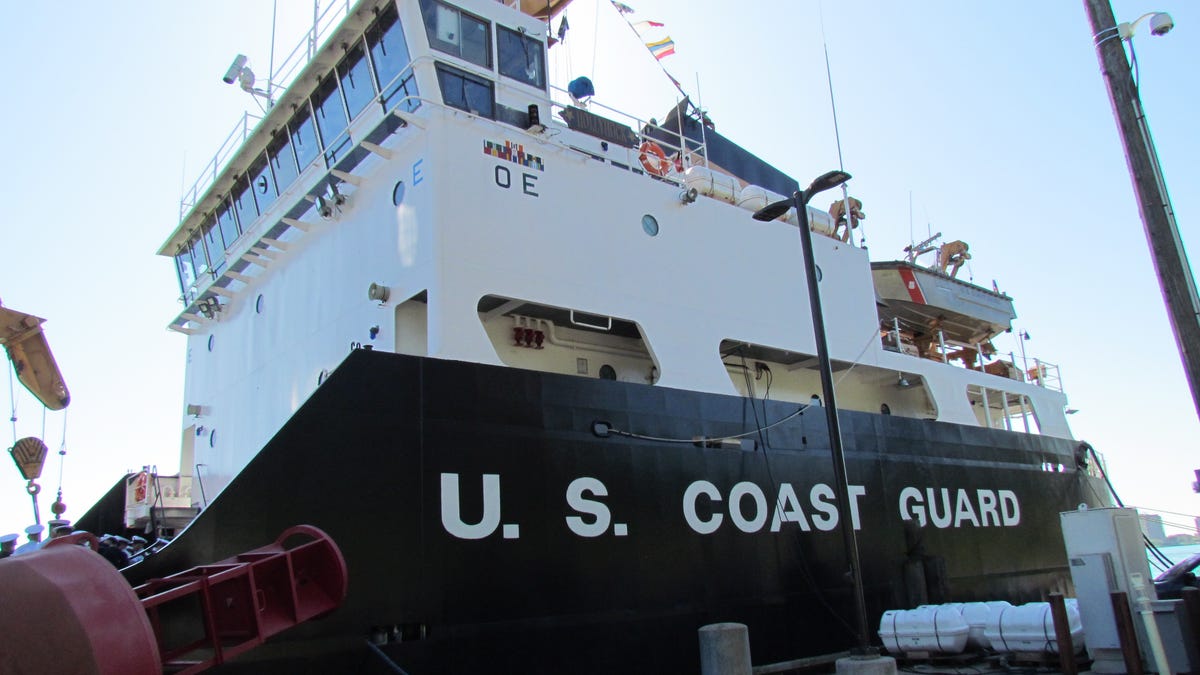- Messages
- 53,673
- Reaction score
- 7,853
- # of dives
- 500 - 999
The dive boat was saved, but the divers had drifted. After 90 minutes I would have been worried...

 www.thetimesherald.com
www.thetimesherald.com
Canadian divers rescued after boat takes on water
The divers became separated from their boat after it began taking on water Saturday afternoon.
The U.S. Coast Guard rescued five Canadian divers Saturday who were separated from their vessel in Lake Huron.
Petty Officer Second Class Daniel Pritchard said the divers' boat began taking on water around 4:30 p.m. while the scuba divers were in the water.
Though the breakdown happened in Canadian waters, the U.S. Coast Guard and Canadian Coast Guard both responded to the incident.
Pritchard said the rescue team checked with the boat to confirm they were able to stay afloat. They then searched for the divers who had drifted away and located all five.
The divers were reportedly in the water for about 90 minutes. There were no injuries from the incident, and no hospitalizations.
The captain of the diving boat was able to stop the vessel from taking on more water and start the engine. Both the boat and divers were taken to Sarina Bay Marina in Point Edward.




